Understanding Hypertension: The Silent Killer
Risk Factors for Hypertension
One potential threat that can fly under the radar is high blood pressure, also known as hypertension. It is frequently asymptomatic and slowly increases the likelihood of developing cardiovascular issues or kidney issues. However, people are pretty much aware that some lifestyle choices that can lead to a condition such as hypertension are influenced by our genes. Admittedly, they help you gain control over your health by explaining these risks at length. Thankfully there is significant information available on hypertension management which has strategies on how the blood pressure can be reduced and in turn, improve the health of an individual. Here’s a look at some common risk factors;
Age

Age is one of the factors that influence the elasticity of blood vessels and the artery walls, thus narrowing the space for blood to flow. This may result in high blood pressure Developing high blood pressure may be caused by many factors, and one of them is stress.
Family History
However, the most significant risk factors include genetics because if the first-degree relative has the condition, then you are also susceptible. The causes of hypertension are inherited factors as well as one’s ability to control their blood pressure.
Weight

Obesity causes increased pressure on the heart and blood vessels, which in turn leads to high blood pressure; The broader implication of obesity is that it elevates blood pressure since more pressure is exerted on the heart and blood vessels.
Diet
Increased intake of salt and reliance on processed foods that contain few fruits, vegetables, and whole grains is also a risk factor for hypertension.
Inactivity
That is why exercise plays an important role in helping to maintain your blood pressure, to reduce it when needed. Aged or sedentary people have a high chance of being infected with HIV.
Smoking
Tobacco is bad for the blood vessels since it alters their lining and also increases high blood pressure.
Alcohol Abuse
They all have effects on cardiovascular functions and one of the most notable effects is a rise in blood pressure due to excessive alcohol intake.
Stress

Stress hormones, which are produced in severe and chronic stress conditions, cause the blood pressure to spike for a while. Doing so over time can eventually cause steady hypertension.
Certain Medical Conditions
Static disorders such as sleep apnea, renal disease, and diabetes can cause increased blood pressure.
Some of the aspects you can control include the following, as recommended by hypertension guidelines; By understanding your risk factors and making healthy changes towards a healthy lifestyle, you will be in a position to save your life by reducing your blood pressure.
Signs of High Blood Pressure
High blood pressure or hypertension is another significant issue in the global health sector. CVR is often known as the ‘silent killer’ because it rarely presents symptoms in the early stages. It is also worth mentioning that it will raise your risk of potential cardiovascular disease, stroke, and kidney issues if left without proper treatment. The good news is that you do not have to be mere spectators of dismal health indicators, but can actively participate in improving it. There are guidelines that many organizations have formulated in the management of hypertension and they are useful because they help improve your general health in the process of lowering your blood pressure.
Most individuals with hypertension are asymptomatic however, certain people may develop signs as soon as their BP reaches extreme levels. Here’s what to watch for;
Headaches
If you are feeling pain in your head and it frequently occurs in the morning, then high blood pressure is one of the causes.
Nosebleeds
Easily palpable heart and uncontrolled hypertension may cause the occurrence of sudden nosebleeds.
Fatigue or Confusion
Skipping meals, difficulty concentrating, or even feeling fatigued and lethargic might point to something being wrong.
Vision Problems
It carries a risk that could cause harm and impairment of eyesight such as blurred vision or any other possible change.
Chest Pain
There are specific problems that must not be overlooked; for instance, chest pain or feeling of tightness.
Difficulty Breathing
High blood pressure is one of the worst human conditions and it has some of its symptoms that may include shortness of breath at times.
Irregular Heartbeat
Palpitations that you get the feeling as though your heart is skipping beats are just one of the signs.
Blood in the Urine
This is a very symptomatic sign and must warrant a visit to the hospital within a short time.
If you develop any of these symptoms, it becomes very important to visit the doctor immediately. One should consult a doctor when he or she experiences any of the signs and symptoms of hypertension to get an early treatment since hypertension is a chronic condition. As earlier stated, routine health check-ups are always advised even if you do not feel any discomfort, especially concerning your blood pressure. About hypertension management, there are some steps and rules and following these rules makes your blood pressure normal, also you can live longer.
Effective Lifestyle Changes in Hypertension Management guidelines

High blood pressure, also known as hypertension, is one of the most common conditions. Fortunately, we can prevent most cases of high blood pressure through proper diet and exercise. Hypertension management guidelines recommend various measures to help you lower your blood pressure and improve your overall health. Here are some key lifestyle changes to consider;
Embrace a Heart-Healthy Diet
Consume foods that come from balanced meals with fruits and vegetables, and whole grain foods that contain vitamins and minerals. Eat less foods that contain saturated fats, cholesterol, and harmful trans-fats, and avoid or limit red meats, and processed foods. The DASH (Dietary Approaches to Stop Hypertension) diet is a great place to start for anyone wanting to naturally limit the blood pressure rise.
Move Your Body
In one’s daily or weekly routine, it is advised to do at least 30 minutes of moderate physical activity. It is very important to choose an aerobic exercise, such as brisk walking, swimming, cycling, or dancing but remember, it should be fun.
Manage Weight
For people who are overweight or obese, even minor weight loss could decrease their list of BP significantly.
Mind Your Salt Intake
According to the guidelines developed for hypertension control, restriction of sodium intake is given a lot of importance. It’s good to limit the intake of sodium to below 2300 mg per day, as for the best results, try aiming for 1500 mg or lower. Control access to processed foods and while shopping, ALWAYS check the labels.
Embrace Potassium
Another of the minerals is potassium which has a balancing effect towards sodium found in the body system. Avoid foods that are high in sodium and opt for foods that are high in potassium such as bananas, potatoes etc.
Manage Stress
This is because you are most likely to suffer from high blood pressure, which is a condition resulting from chronic stress. Some of the measures of minimizing stress include physical exercises such as practicing Yoga, meditating, or exhaling deeply.
Limit Alcohol
Intake of alcohol has an adverse effect hence if you take too much of it your blood pressure is likely to rise. Reduce your alcohol consumption or try to quit drinking cold turkey if you’re worried about your liver.
Don’t Smoke
Smoking is deadly to blood vessels and causes an increase in blood pressure. Smoking is one of the worst habits anybody can indulge in, and the best thing a person can do for their heart is to quit.
Monitor Your Blood Pressure Regularly
The same can be said about checking your blood test results, you can keep track of your progress and note any problems.
The Best Diet as Hypertension Management Guidelines
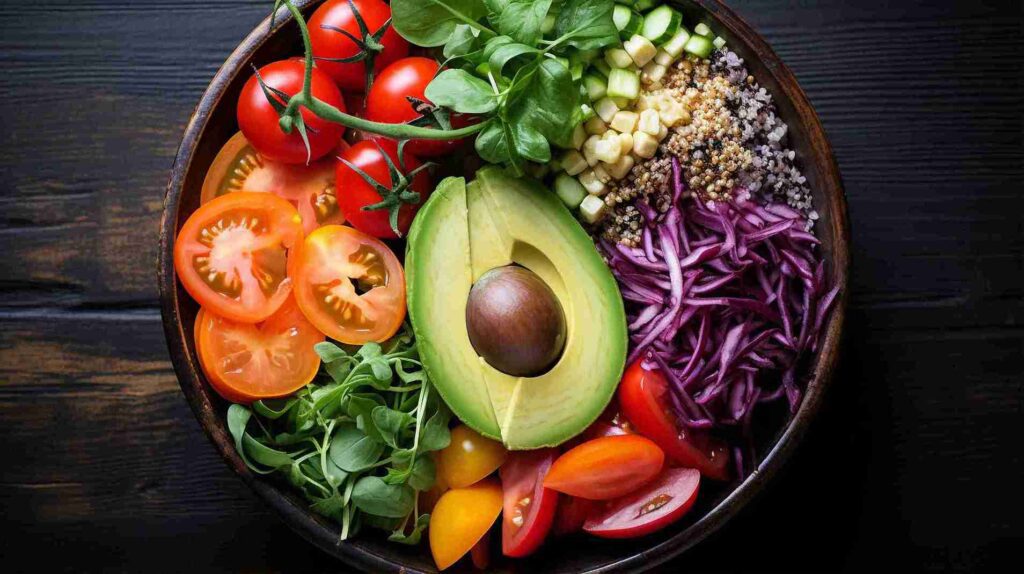
Hypertension management guidelines currently recommend the DASH diet as the best option for those with high blood pressure, although no single diet works universally. This plan for eating vigorously and scientifically, known to significantly reduce pressures, is what you follow. Here’s what makes the DASH diet a great choice;
Focuses on Whole Foods
The DASH diet categorizes foods in terms of their sodium content; it recommends whole grains, fruits, vegetables, and low-fat dairy products. The food on this list is rich in nutrients, such as potassium, magnesium, calcium, and fiber – all of which have positive effects on the health of the heart.
Limits Unhealthy Fats
Specifically, the DASH diet aims at reducing of intake of foods with high amounts of saturated and unhealthy fats found mostly in red meat, processed foods, and fried foods. These fats will furthermore increase blood pressure.
Reduces Sodium Intake as Hypertension Management Guidelines
As one of the core principles of managing hypertension, the Diagnostic Analysis of Novel Hypertension Study put forward by the DASH diet pays great attention to the consumption of sodium. It promotes reducing the daily intake of sodium to 2,300 mg and, optimally, getting closer to the intake of 1,500 mg. This can help decrease some of the workload prone to your blood vessels.
Provides Plenty of Potassium as Hypertension Management Guidelines
Potassium works in opposition to sodium in the body but we often get more sodium than potassium in our diet. The DASH diet advises consuming potassium-containing foods such as bananas, green vegetables, and potatoes in equal portions.
Yes, the DASH diet involves the elimination of certain foods, but it is more about developing discipline in choosing foods and portions. It is perhaps evident that it contains a lot of meal choices hence flexibility is possible in terms of meal selection but with focus placed on foods that aid heart health.
However, it is advisable to consult a licensed dietitian or other health care expert to advise on how the DASH diet can be best implemented depending on your preferences. You can discuss with them the plan for managing hypertension that will adhere to the health professionals’ recommendations and balance a healthy lifestyle.
Exercises for Hypertension Management Guidelines

High blood pressure or hypertension is a widely researched and highly experienced health issue. However, a bit of a twist is in the fact that exercising can be quite beneficial in handling the condition. This paper aims to provide an overview of how hypertension management guidelines suggest physical activity can help in achieving the goal of lowered blood pressure and improved health. Here are some exercises that can benefit you;
Aerobic Activities for Hypertension Management Guidelines
For cardiovascular or aerobic activity, a gradient of at least 30 minutes is recommended for most days of the week. Some activities that are very good for the body include brisk walking, swimming, cycling, dancing, jogging, and many others. These activities help control your cholesterol levels, boosting blood circulation and making the heart muscles even stronger.
Strength Training
Perform anaerobic strength training exercises at least 2-3 days a week. Resistance training via lifting weights, resistance bands, or even bodyweight exercises like squatting or lunging helps in building muscles hence the standard form in enhancing the support system of cardiovascular health as well as boasting blood pressure.
Low-Impact Activities
For beginners or those who have some constraints, although exercise is an excellent component of weight loss, one may try exercising in water or mild exercises like aerobics, yoga, and Pilate. These exercises can still be useful in reducing the rate of blood pressure among persons and enhancing the overall health of the nation.
Other priorities regarding the hypertensive patient’s management include consistency. It illustrates the fact that even small changes in the activities performed during the day can produce changes. Here are some tips to get started;
Find activities you enjoy
Unlike most other programs, this will ensure that you remain loyal to the program throughout your period of usage.
Start gradually
If you’re a beginner then start small aim for shorter sessions first and work up from there as the body adapts to the workout.
Listen to your body
In my case, exercise should also mean it is alright not to jog every day and eat a hefty sandwich too. Evaluate your fatigue level and make sure you do not overexert yourself.
One should always approach any exercise plan with a word of caution and consult their doctor before beginning. Even a personal trainer can support you in developing a necessary exercise plan that will meet your hypertension treatment plans and body objectives.
Frequently Asked Questions about Hypertension Management Guidelines
What are the typical blood pressure goals according to hypertension management guidelines?
Current antihypertensive treatment and target blood pressure management guidelines are based on Patient characteristics and cardiovascular risks. Specifically, prehypertension is a condition where the blood pressure rate is slightly above 120/80 mmHg. The target range that your doctor sets may be different, depending on your particular condition.
Do I need to take medication if I have hypertension?
Recommending weight management and diet modification are typically suggested as part of the initial steps in hypertension management. If you cannot manage your blood pressure merely by changing your diet and reducing your sodium intake, your doctor may prescribe medication to supplement the lifestyle changes. Thus, the recommended course of action may be individually selected by your doctor.
How often should I monitor my blood pressure at home?
Hypertensive patients are generally encouraged to monitor their blood pressure at home according to current guidelines. People can be quite different and therefore the frequency in which one has to take them might be quite different from the other. This is because there are recommended doctor’s appointments for check-ups, depending on the stage and the characteristics of your cancer.
What are some signs that my hypertension management plan may need adjustments?
But if your blood pressure readings are still above your target range even if you can strictly adhere to your plan then you may need to make some changes. Always consult your doctor if you have any concerns or issues that you feel need attention.
Can I still eat certain foods I enjoy if I have hypertension?
Hypertension treatment guidelines revolve in a macroscopic manner around moderation and a balance of various activities. You normally have occasional intake of preferred foods and drinks without the need to avoid all of them through proper portion control. Consult with a registered dietitian for further advice on different dietary plans.
How can I stay motivated to stick with my hypertension management plan?
According to recent statistics, hypertension management involves sticking to guidelines more than anything else. It might be having a friend with whom you go exercise, being part of a support group, or creating achievable goals for exercising.
Please bear in mind that the following is intended as an overview of Frequently Asked Questions only. It is therefore important that one consults a doctor to get advice on how to ensure that high blood pressure is effectively managed for your specific case.
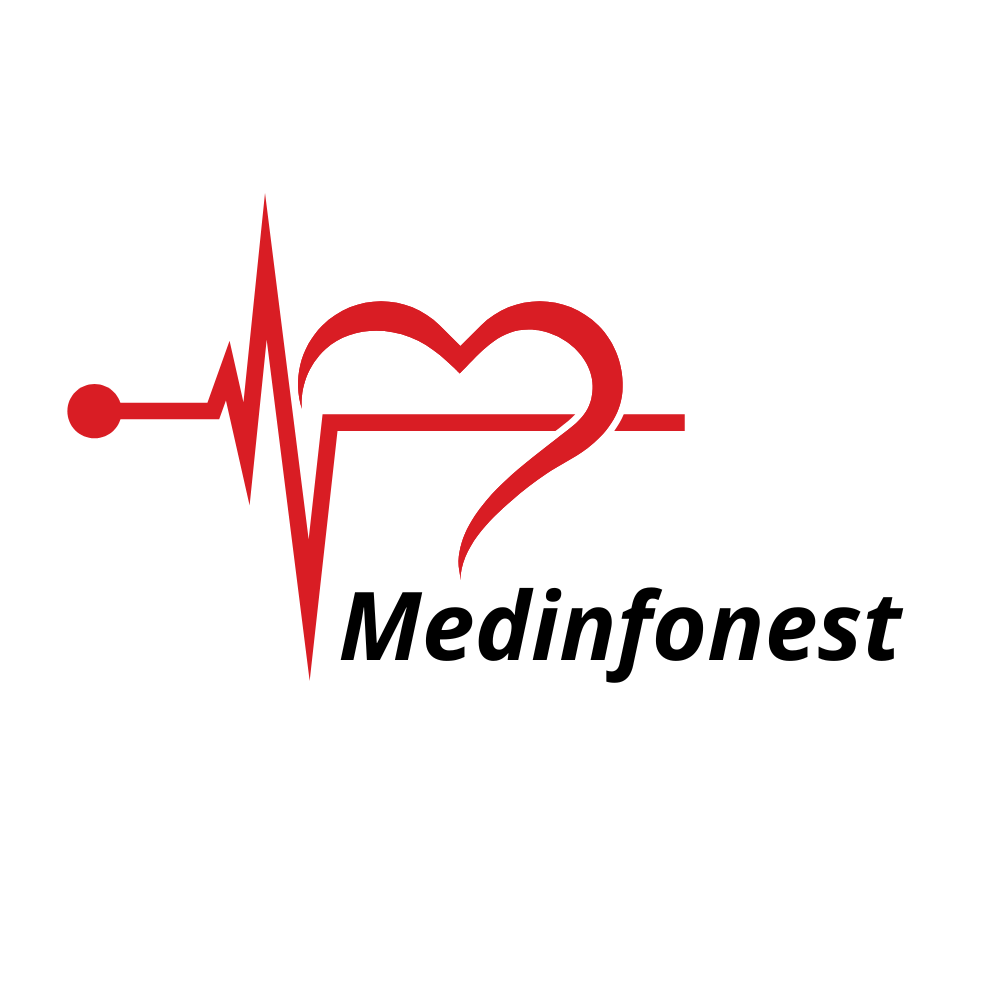
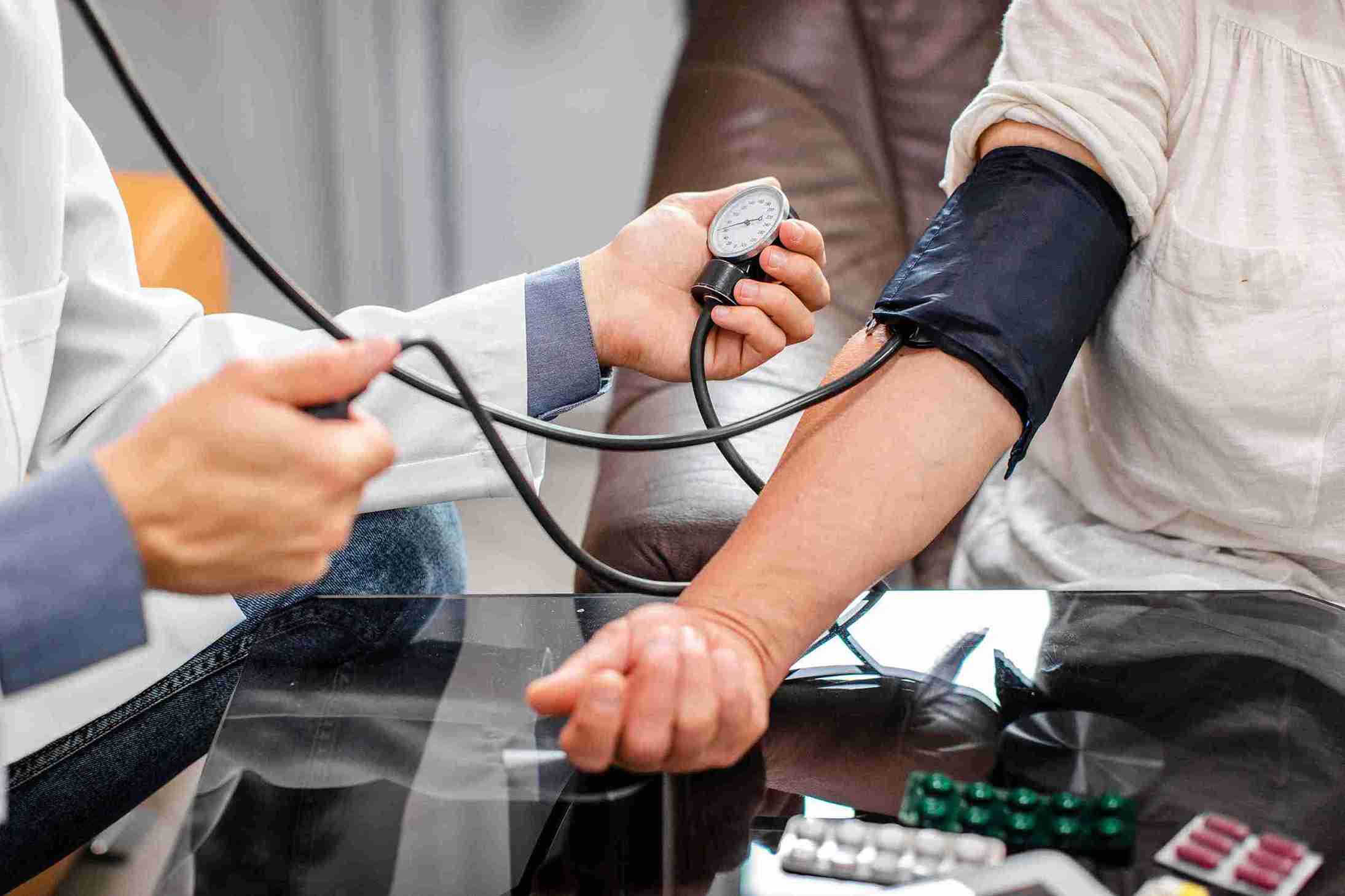




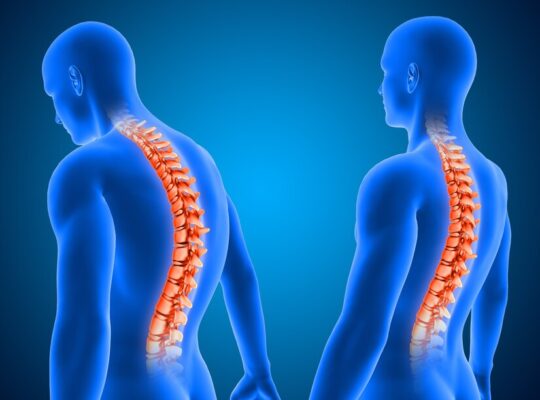


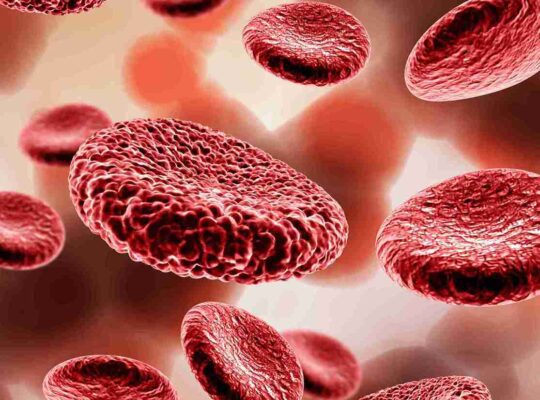
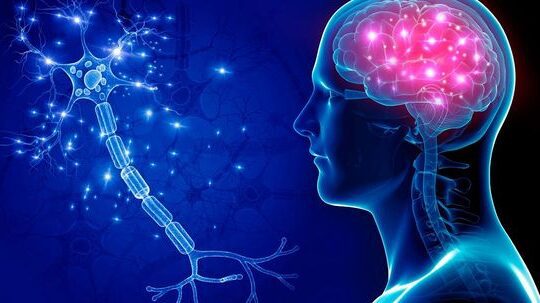

5 Comments